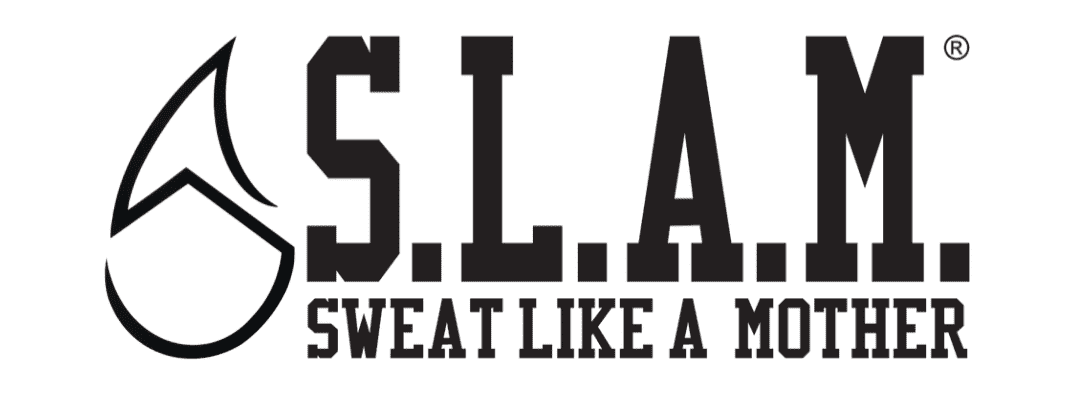#MomLife. For many of us, our morning cup (or cups) of coffee are as routine and necessary to our day as feeding the kiddos, changing diapers, and attempting to conquer the laundry pile. While we enjoy the flavor of coffee, most of us are after the potent drug in our coveted cup – caffeine. This stimulant helps us to feel more active and alert – which is why it is highly popular among mamas. Goodbye mom-brain…if only for an hour or so!
Some coffee is good for us. Studies link modest coffee intake with possible lower rates of Alzheimer’s and some cancers along with boosts to memory, concentration, and mental health. But too much is not a good thing. In fact, too much caffeine – whether from coffee or other energy drinks – is detrimental to health. Downing coffee for half the day can lead to insomnia, anxiety, and restlessness. Not to mention, the withdraw symptoms can be difficult, leading to headaches and irritability.
Just how much is good for us and how much is crossing the line? That can be difficult to discern given the mountain of factors that go into the caffeine content of a cup of joe. On average, an 8-ounce cup of coffee contains between 95 and 200 mg of caffeine. The general recommendation is about 300 mg (maybe even 400 mg) of caffeine a day. If you have a 16-ounce tumbler of strong coffee in the morning, you’ve hit your caffeine limit for the day. This does not allot for chocolate or hot tea or more coffee later in the day.
“But I need another round of java for the afternoon to give me the energy to make it through the rest of the day!” If this sounds like you on a regular basis, it’s time to look at other lifestyle factors contributing to your exhaustion. I know, I know. #MomLife. It is exhausting! During certain seasons of parenting, it seems the exhaustion never wanes. Rather than reaching for another cup of coffee, why not have a big glass of water? Slight dehydration (1-2% of body weight ~ 24-48 ounces) can cause fatigue. Or go to bed earlier…and yes, don’t even turn on Netflix after the littles are down for the night. Your body needs quality sleep, at least seven to eight hours each night (or as much as you can feasibly get with the typical interruptions of breastfeeding and bad dreams and the like). Or, check your diet. Clean eating lends to improved energy levels because the body is not bogged down by junk.
An occasional overload on caffeine does not have a major impact on your health. It’s the constant overload that can be harmful. If you are a caffeine addict, there are steps you can take to get back on track.
- Ditch the energy drinks. Most are loaded with added sugar or sugar substitutes. The older we get, the more likely energy drinks will contribute to poor health outcomes such as heart attacks. They are just not worth it!
- Set a cutoff time for coffee in the morning. Replace afternoon coffee drinks with carbonated water or herbal tea.
- Measure out the coffee you are having now and slowly back down from that to allow your body and mind to adjust to the decrease in caffeine. If you have 24 ounces in the morning, decrease that amount to 20 ounces for a day or two; then down to 18 and down to 16.
- Give yourself some time to adjust to the decreased intake of caffeine. Remember – it is a stimulant drug that works on the central nervous system. Your body needs time to get used to adapt to a new caffeine level.
I love coffee as much as the next mama. In fact, I’m drinking a cup of the black gold right now. It’s a delicious and satisfying start to my morning. Every. Single. Day. Like with all things nutrition though, a balanced approach is the best way to incorporate caffeine into your day.


Recent Comments